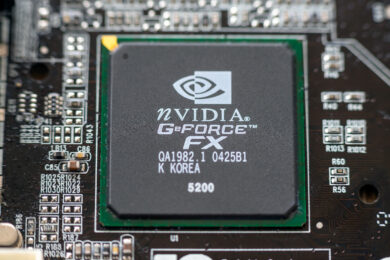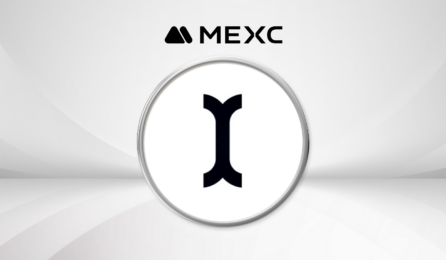
Unilever CEO Fails to Deliver on Food Business Promise
- Unilever’s CEO shows no signs of divestiture activity, six months after he said he’d explore the idea of selling purposeless food brands
- Food businesses lags in growth over the past decade
- The company tried the investors’ patience when it said it would miss its underlying sales growth target last month
Chief Executive of Unilever, Alan Jope, said last year that his company intends to sell brands without “purpose”. Since no action has been taken so far in this area, investors have started to feel impatient.
The food business has been the focal point of the company, but it has been declining over the past decade as opposed to the other businesses that Unilever holds.
While Jope’s definition of “purpose” does not refer to growth, he believes that brand that “communicate a strong environmental or social purpose” also grow faster than the rest.
Back in June, the consumer goods giant named four food brands – Knorr Soups, Lipton Tea, Hellman’s sauces and Walls ice cream among 28 purpose-driven businesses it said were expanding 69% more quickly than other brands.
During that time, the CEO said he would think about getting rid of brands without such purpose, referring to Marmite, Magnum and Pot Noodle. However, Jope did not set a time frame.
After publishing earnings report on Thursday, the company’s senior management was asked about the future strategic plans but it declined to comment.
Other consumer goods behemoths like Nestle and ABInBev have sold their food businesses worth billions of dollars each in 2019, so they can concentrate on their key operations.
The British-Dutch company has highlighted the high adjusted operating margins of 17.5% in its foods businesses, as opposed to Nestle’s 15%, even though the two companies don’t battle head to head in many categories.
Unilever’s investors started to lose patience when the company warned it wouldn’t reach its 3-5% underlying sales growth target. On the other hand, peers like Procter & Gamble and Nestle are optimistic about hitting their respective targets of 4%-5% and 3.5%.
“Actions speak louder than words,” said Knut Gezelius, a portfolio manager at equity fund SKAGEN Global, which holds 1.8 million of Unilever’s Netherlands-listed shares.
“Tangible signs of a get-it-done attitude may quickly take Unilever out of investors’ penalty box.”
Shares of Unilever dropped 0.3% to 4,485 pence at the London Stock Exchange on Wednesday. Shares of the company fell 3% since its alarming sales warning in mid-December.







